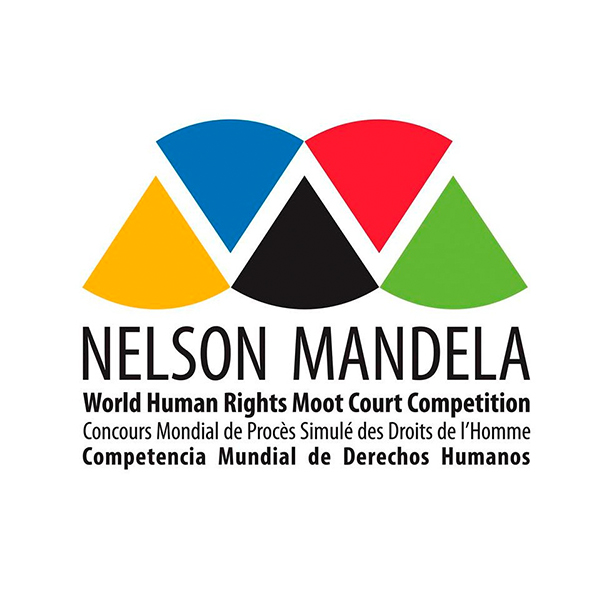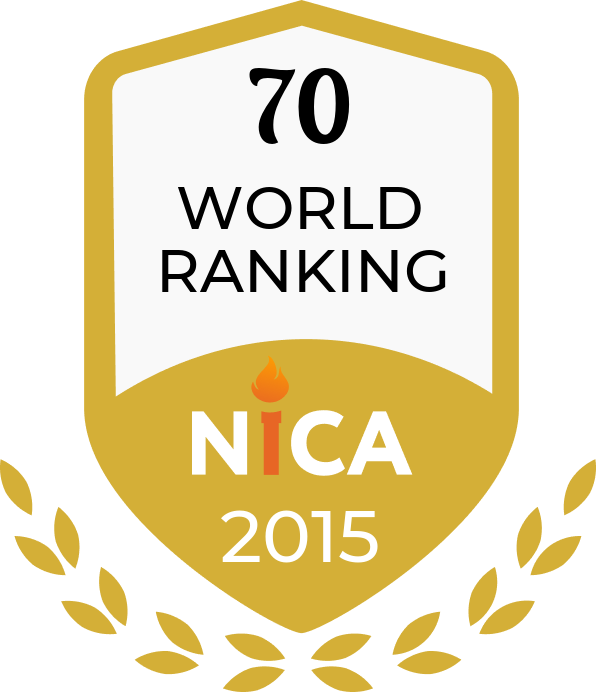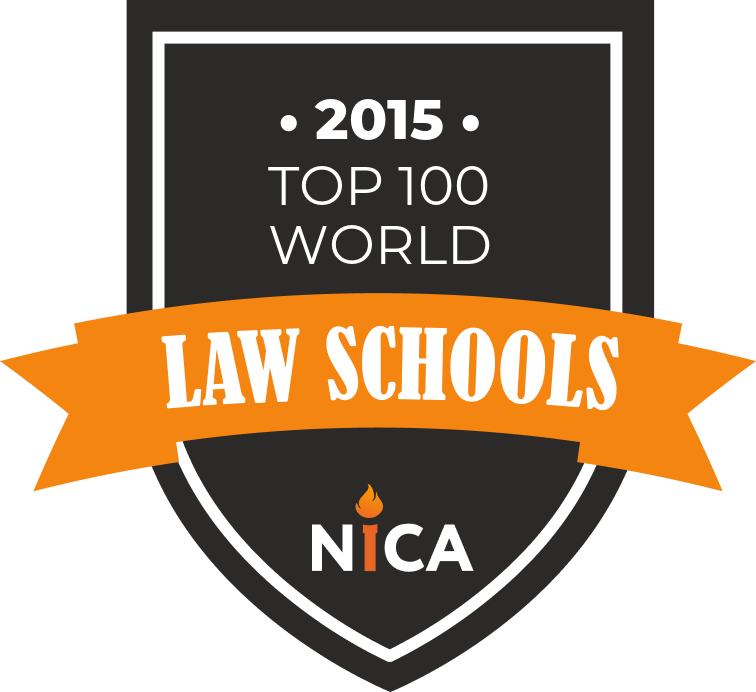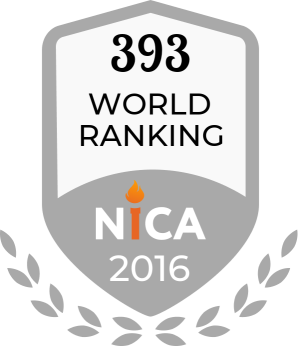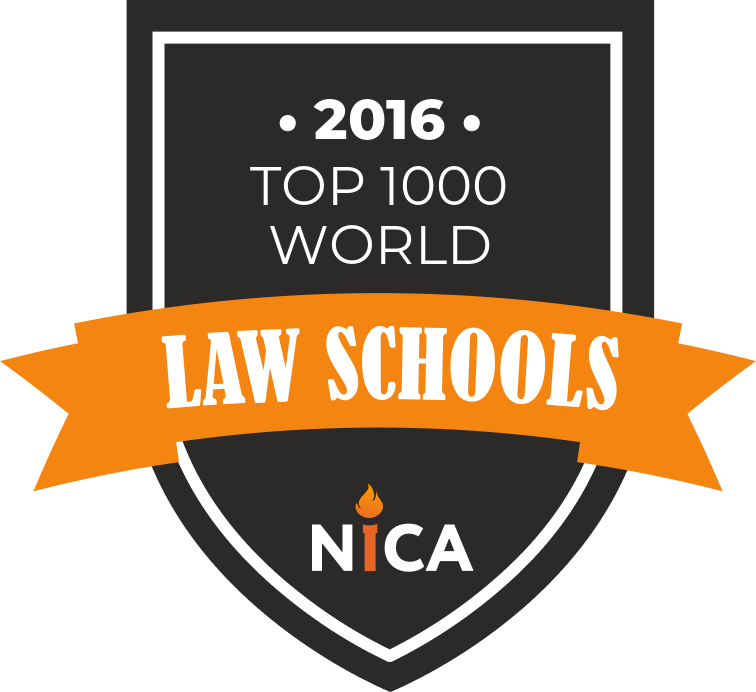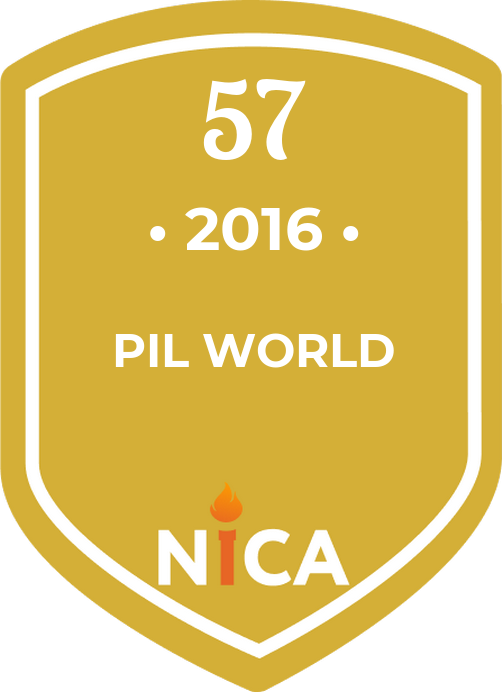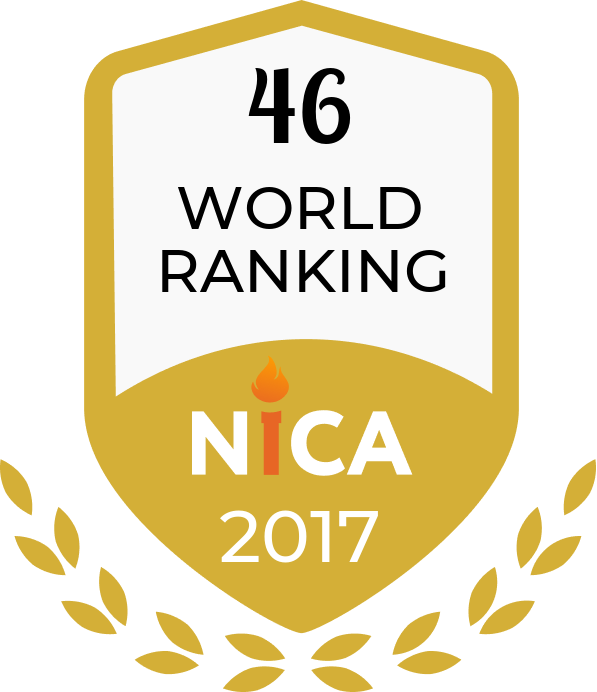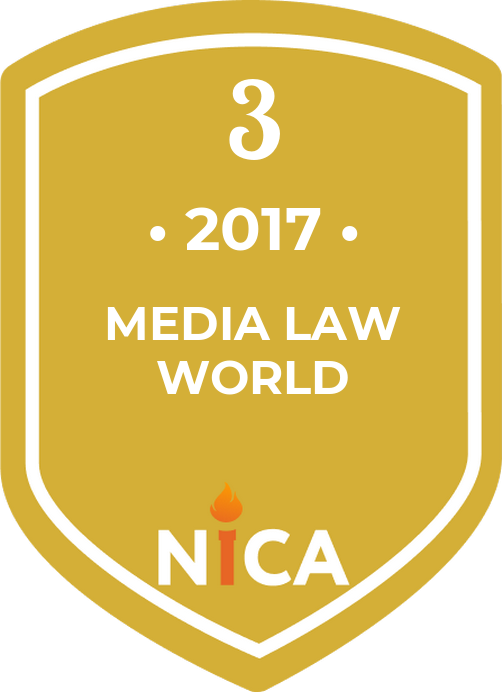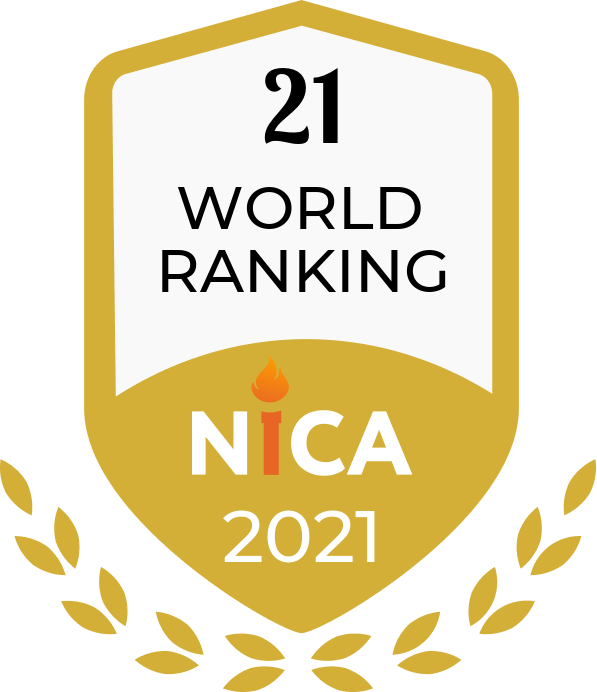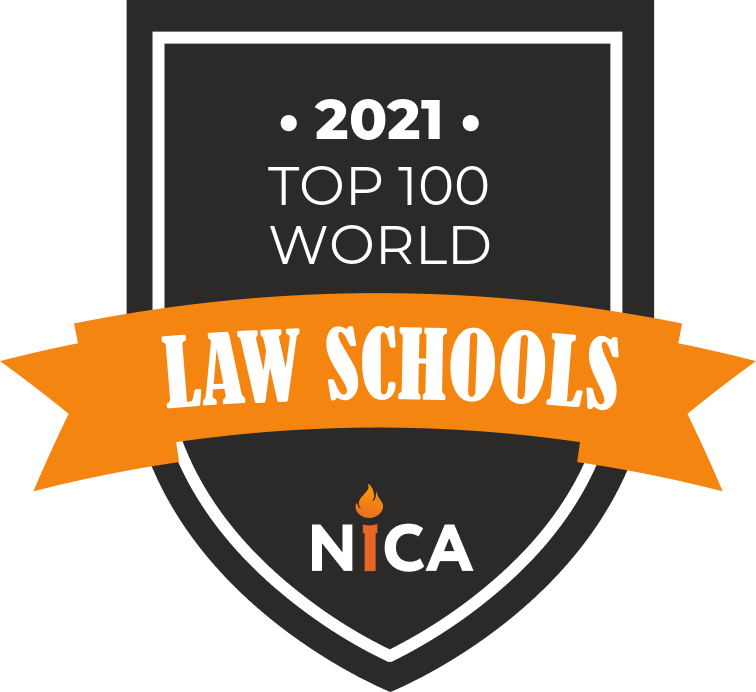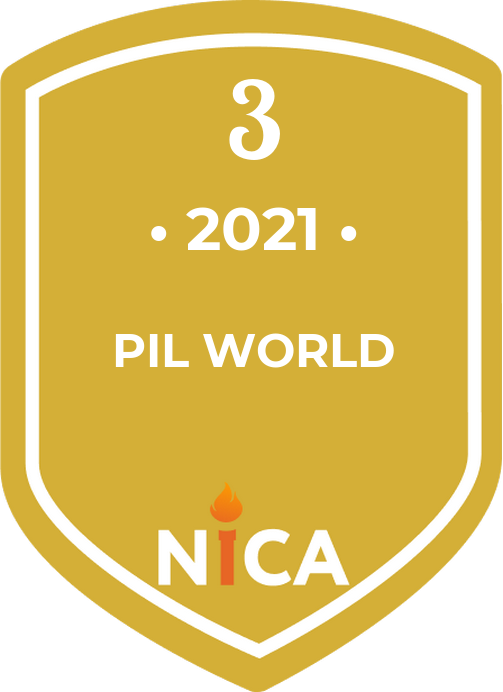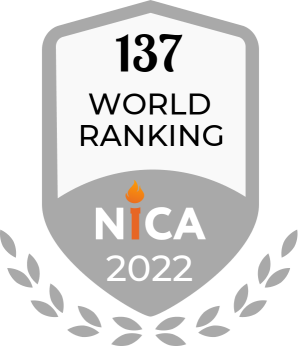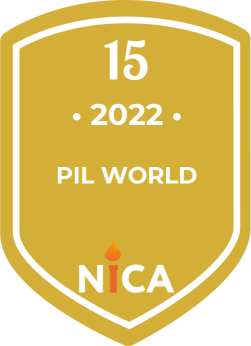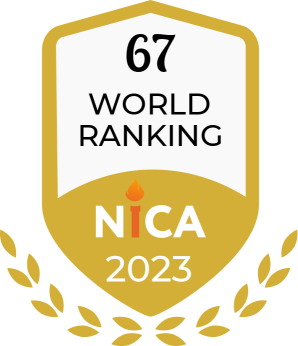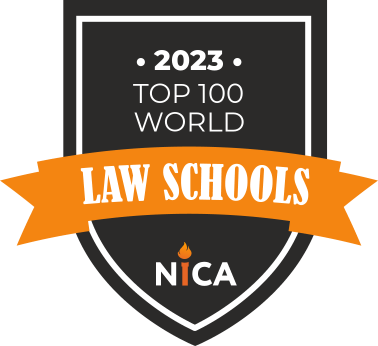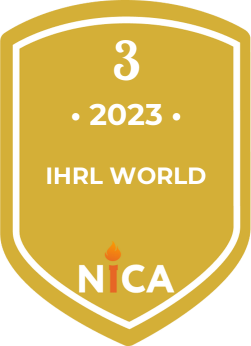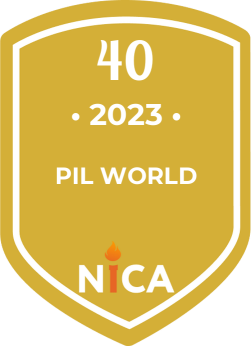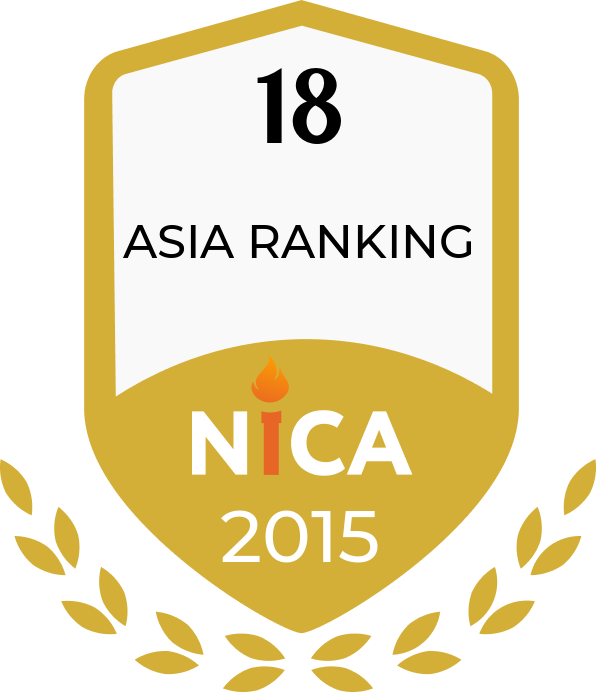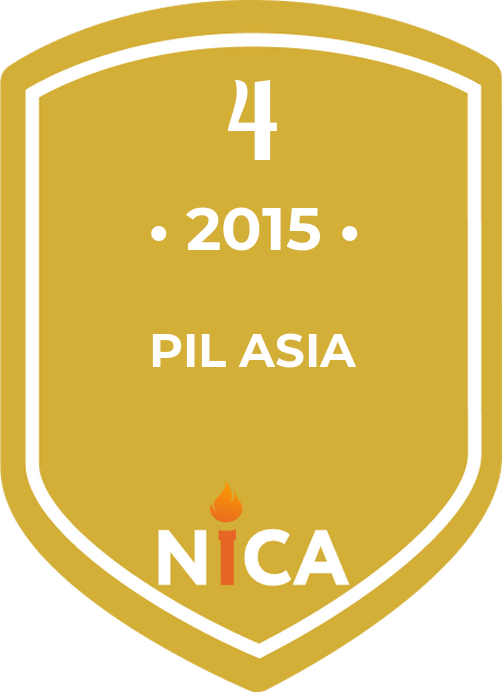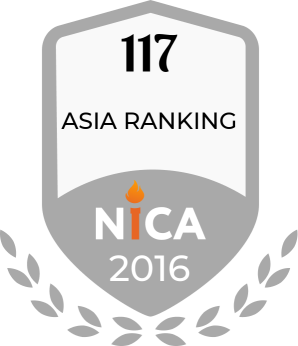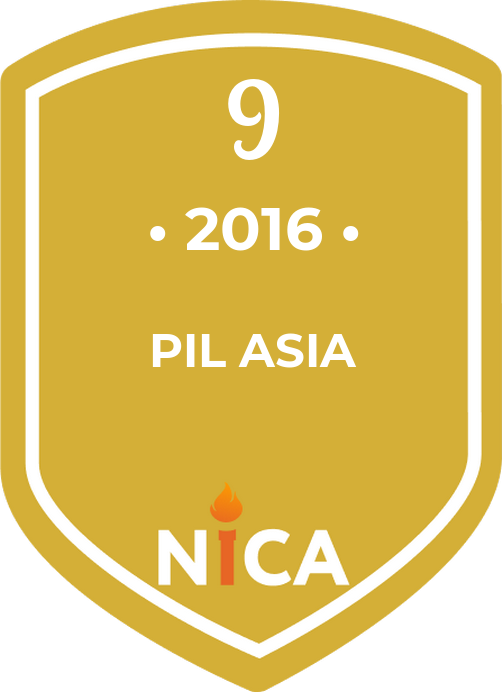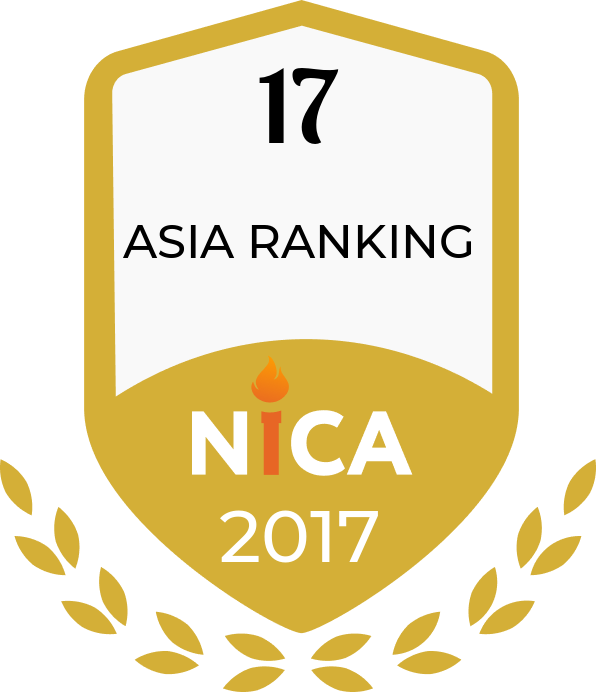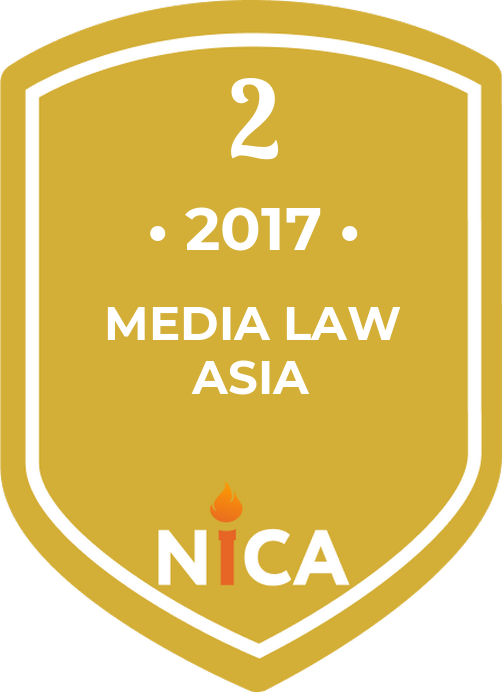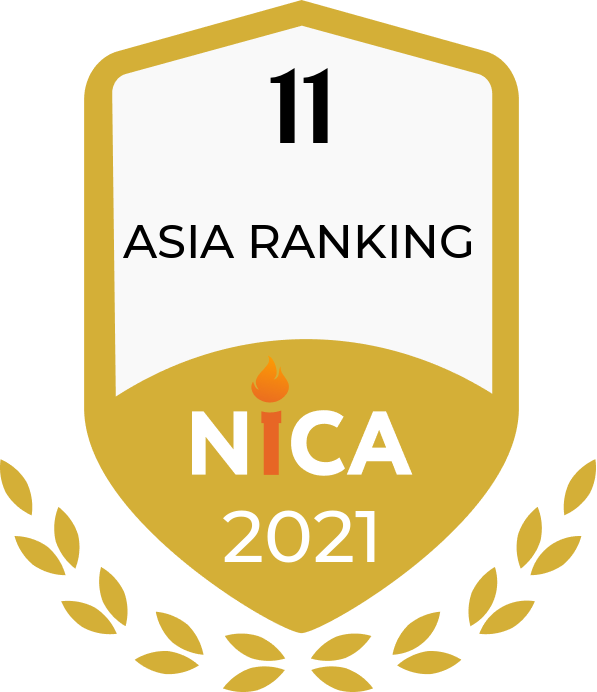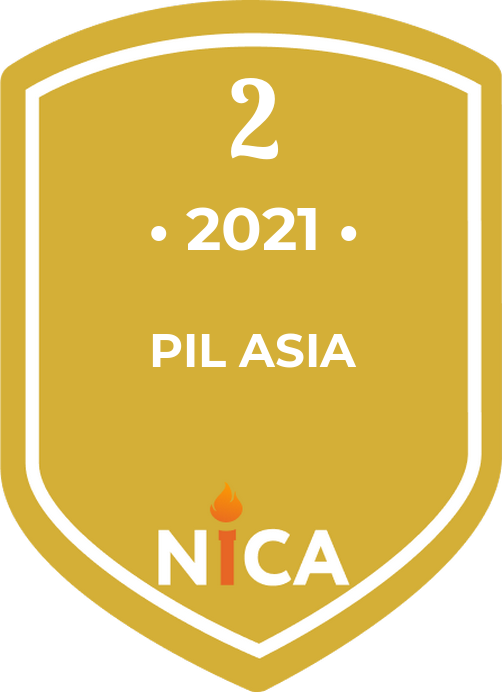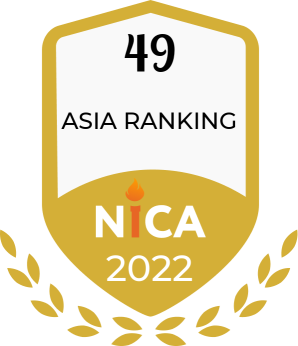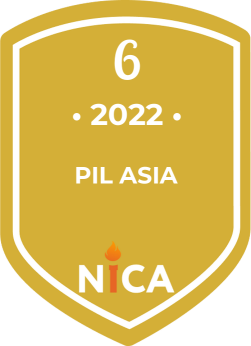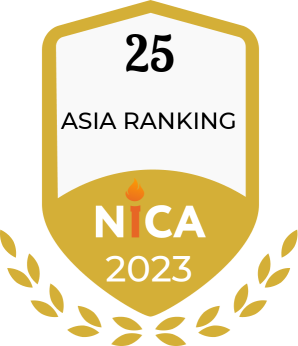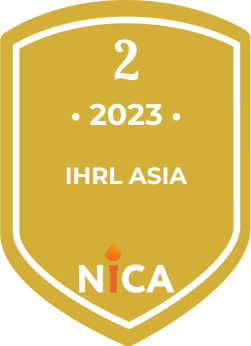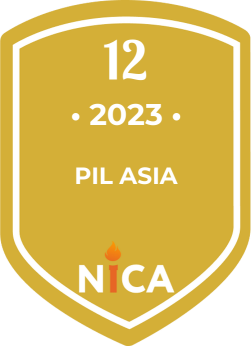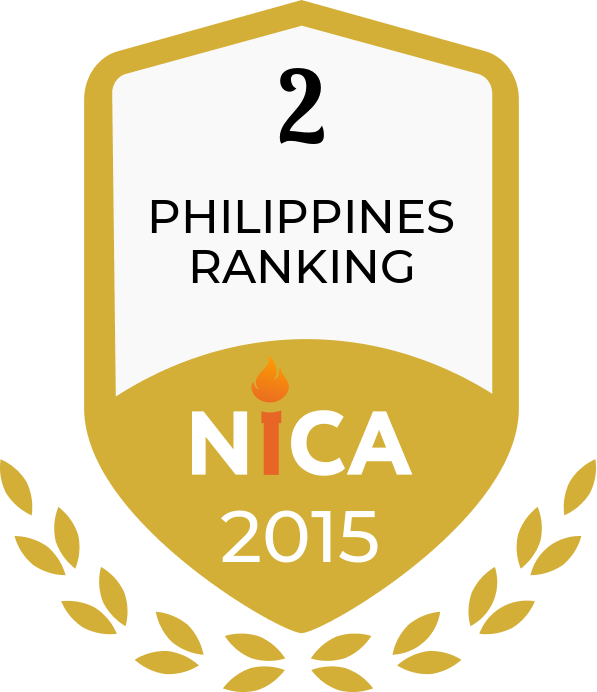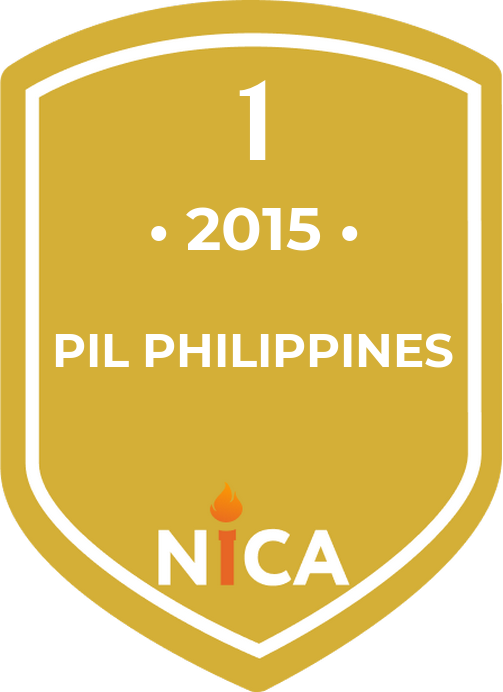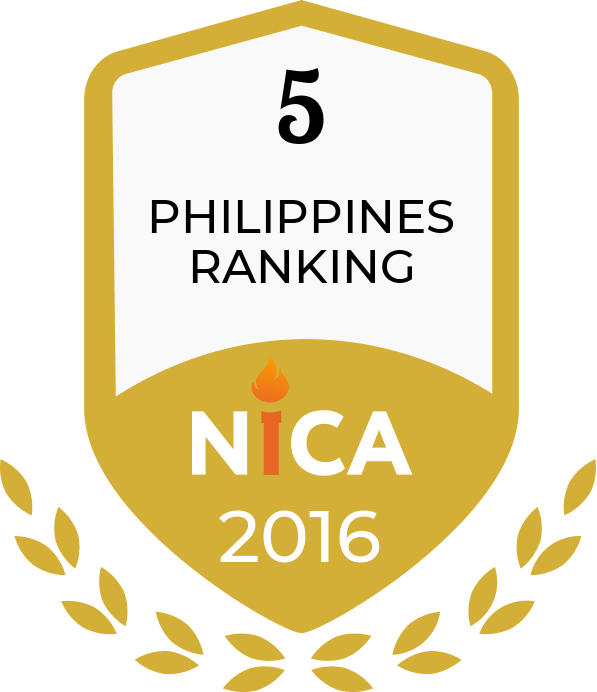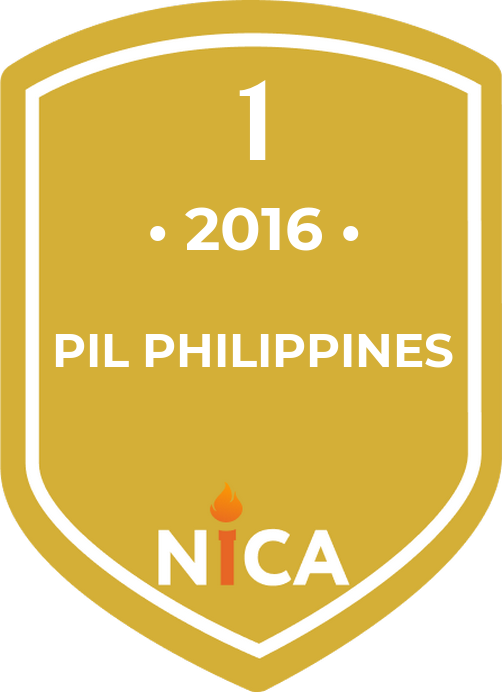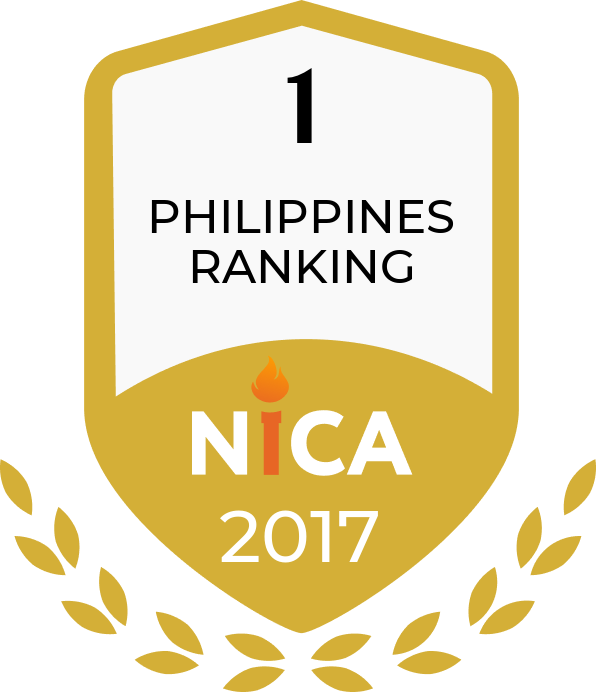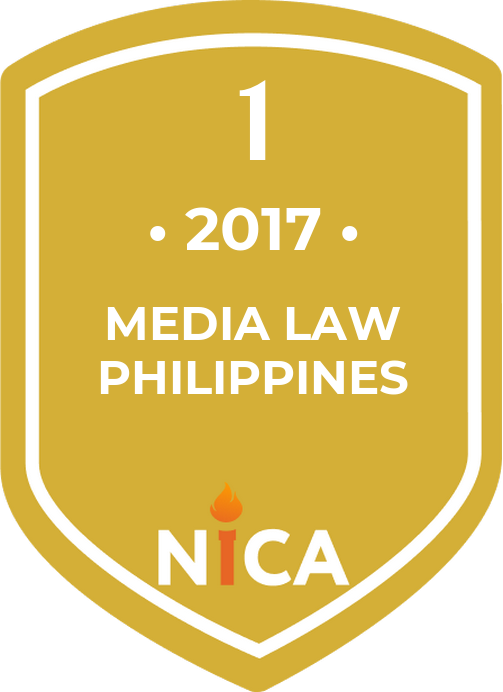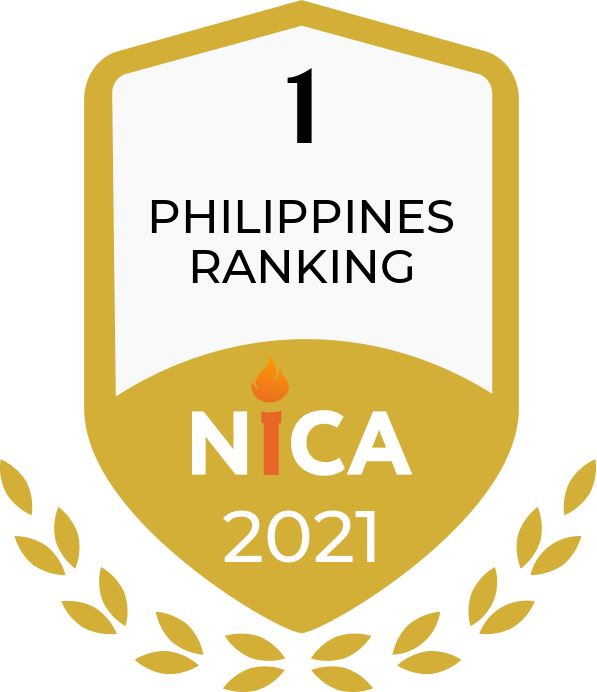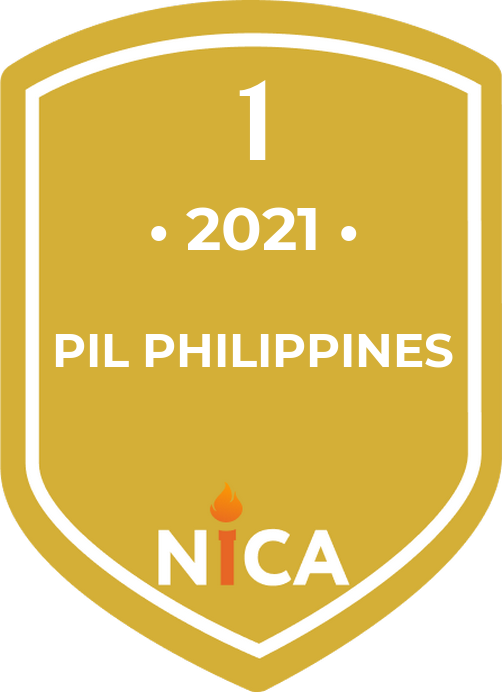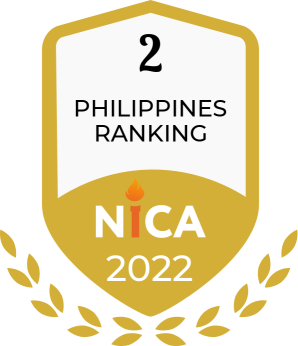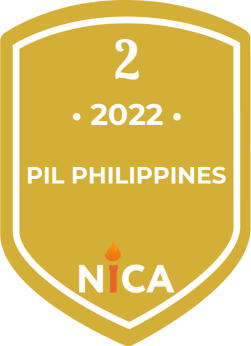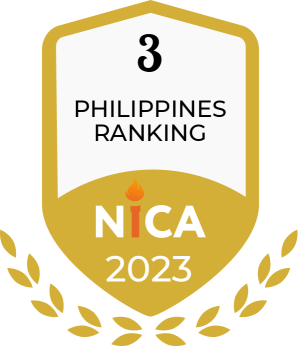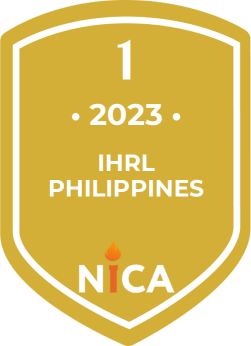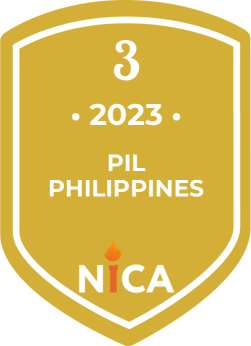Best in History
Best moot court performance of the law school throught out the recorded history (2015-2026)About the Law School
The University of San Carlos, also referred to by its acronym USC or colloquially shortened to San Carlos, is a private Catholic research basic and higher education institution administered by the Philippine Southern Province of the Society of the Divine Word (SVD) missionaries in Cebu City, Philippines since 1935. It offers basic education (Montessori academy, grade school, junior high school and senior high school) and higher education (undergraduate and graduate studies). Founded in 1783 as the Colegio-Seminario de San Carlos, it became a university in 1948.
USC is one of the biggest universities in Cebu City with 5 campuses with a combined land area of 88 hectares (Talamban campus has 78 hectares, an ample area for future growth). It is ranked top four nationwide and top one in the Visayas and Mindanao with the most number of centers of excellence (8 COEs) and centers of development (12 CODs) recognized by the Commission on Higher Education (CHED) as of March 2016. USC is also one of the few universities in the country ranked by the International/Asia Quacquarelli Symonds (QS) Rating as among the Top 350 Universities in Asia as of 2016 (USC is the lone Cebu based university and one of the universities in the Visayas and Mindanao cited by QS Asia as among internationally recognized universities in the Philippines). USC is ranked by Scopus as top 8th university in the Phils. with the most number of indexed research publications as of 2018. The university is certified with International Standards Organization (ISO) 9001:2015 Quality Management System for Institutional and Student Support Services as of September 2017 by Technischer Uberwachungsverein (TUV) Sud Asia Pacific.
USC has about 19,000 students (as of 2019) who are called by the name Carolinians of which more than 200 are international students, enrolled in basic education, collegiate undergraduate and graduate programs and served by about 950 academic faculty and staff with a teacher to student ratio of 1:20. About 500 Carolinian students are academic scholars, 150 working student scholars and 200 non-academic scholars (e.g. athletic & sports, cultural & performing arts).

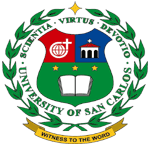
 Jessup 2015
Jessup 2015  Team Member
Team Member


